Get ready to drool over this extremely fragrant and commonly used ingredient in Chinese food. I call it by its directly translated name, “bean sauce” (豆瓣酱), but it is also referred to as “Chile Bean Sauce” which you’ll notice in the first photo. The regular flavor is not spicy at all, rather it puts a fermented, savory soy bean flavor in your dish. There are a variety of bean sauces available at your local Asian market. If you see one with writing on it that looks completely Greek (or Chinese) to you, make sure to take clues from the photo on the label. The red hot chiles (peppers) are a sign you’ve found the spicy version!
Were you looking for Dou Chi, another fermented bean ingredient? Read More…

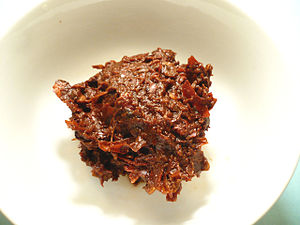

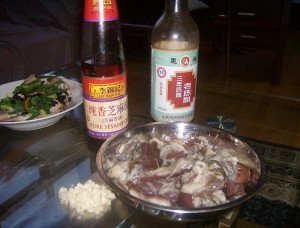
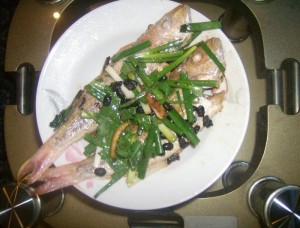
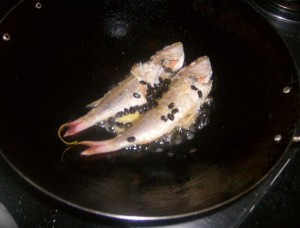
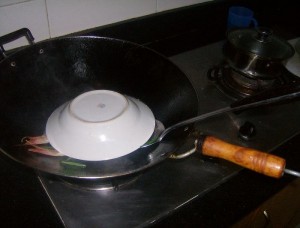
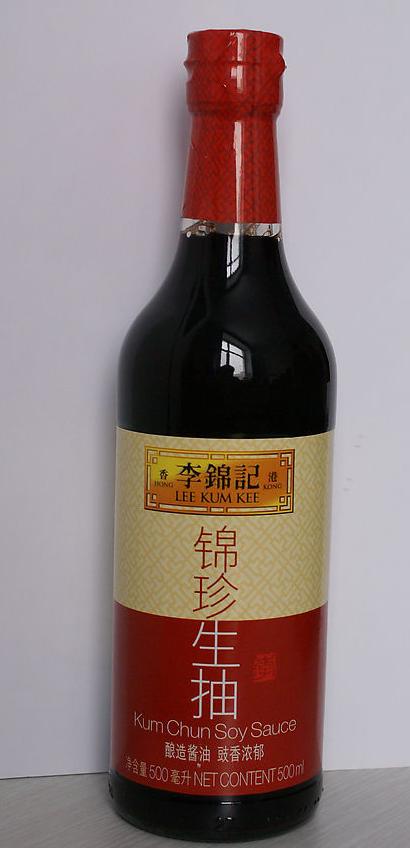

 Custom Search
Custom Search